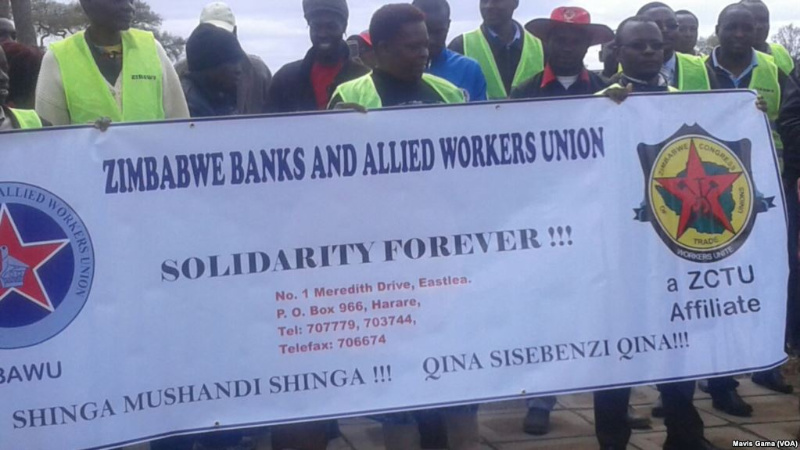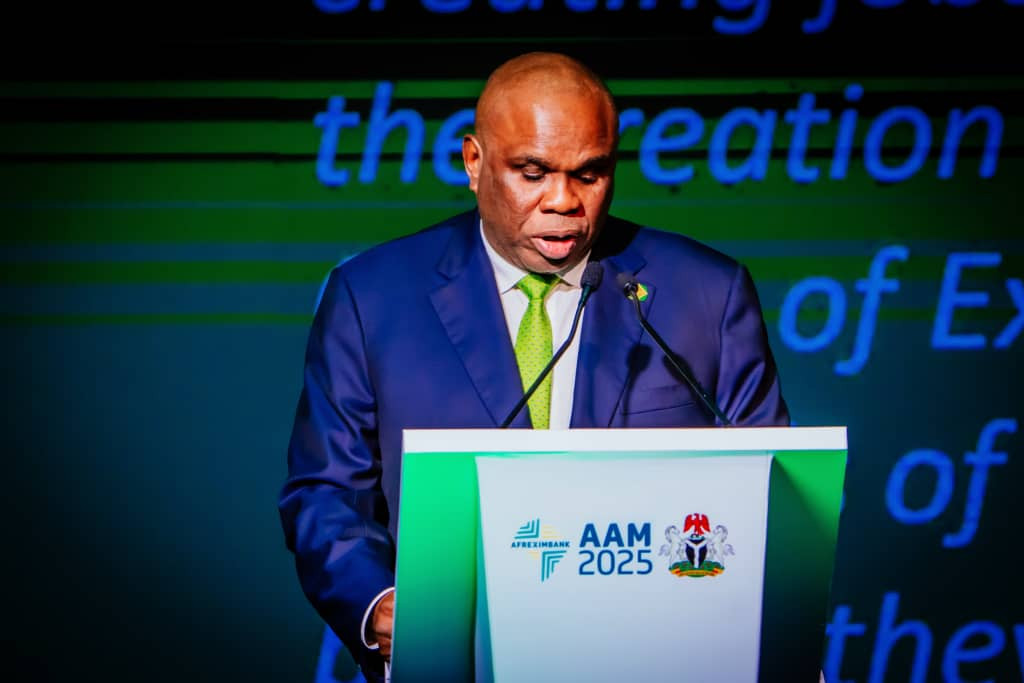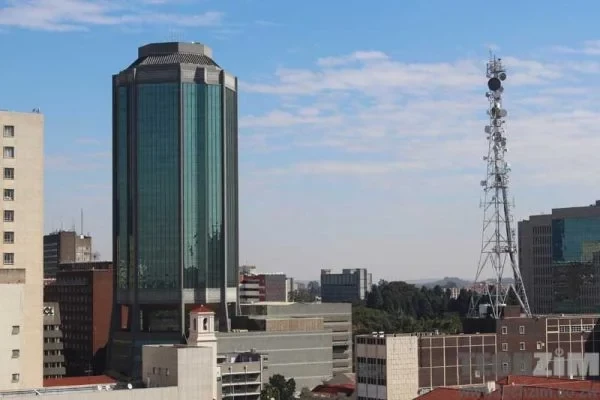
MTHANDAZO NYONI THE Zimbabwe Banks and Allied Workers Union (Zibawu) has castigated the government for banning bank lending, saying the move will destroy the banking and productive sectors of the economy.
It immediately called for the reversal of the ban.
Facing headwinds ranging from a battered currency to steep surges in inflation, the government announced unprecedented radical monetary policy shifts on Saturday, banning bank lending and tightening the screws from stocks trading to supermarkets.
Zibawu, which spoke a day after the Zimbabwe National Chamber of Commerce, said the country was in the grip of an economic “bloodbath” and accused the government of aggravating a dire crisis. It said by forcing banks to stop lending, the government had failed to address fundamentals behind the downturn.
“Our main worry is the banning of lending by banks. We have consulted widely and are of the view that this is one of the policies that will result in serious unintended consequences,” Zibawu said in response to measures pronounced by the government to restore confidence, preserve value and restore macroeconomic stability.
“Firstly, one of the main functions of banks is lending. Taking away part of the main function of the banking sector is surely a way of destroying the whole sector.
“Some departments are going to close with the concomitant job losses. Banks are going to be forced to increase bank charges, restructure and some will face viability problems.
“The increased bank charges will increase inflation and hit hard on the poor.
- Chamisa under fire over US$120K donation
- Mavhunga puts DeMbare into Chibuku quarterfinals
- Pension funds bet on Cabora Bassa oilfields
- Councils defy govt fire tender directive
Keep Reading
“Secondly, stopping lending will seriously affect the productive sector. There are many companies that will close if they don’t get loans and overdraft facilities.
“We expect policies that will aid economic recovery and we don’t believe that this is one such policy,” it said.
Zibawu said its experience of the demand for loans indicates that some clients are applying for loans for medical care. As such, banning loans is sentencing many to death.
“Some want to pay school fees and examination fees. The directive throws many children out of school and some will fail to write examinations. We regard these as negative consequences of the policy that may not have been intended and overlooked,” it noted.
“This is going to force many citizens to get funding from informal channels with usurious interests and charges. Many are already in a debt trap and this worsens the situation leading to disastrous social and economic impacts.”
Zibawu said this was the surest way to discourage the public from banking and the effect would be felt for a long time.
“It is our view that this policy should be reviewed and reversed immediately. It doesn’t benefit the nation as the negative outcomes far outweigh the anticipated positives,” it said.
“We, therefore, call for broad-based and inclusive monetary policy dialogue involving all stakeholders including unions in the sector as the long-term solution.
“This is the only way to come up with sound monetary policy interventions that do not create more problems than those being solved,” Zibawu said.
Panicky authorities swung into action at the weekend, cracking down on banks, which have been forbidden to lend, while laying out tougher stock exchange trading measures.
President Emmerson Mnangagwa, who made the announcement, also suspended third party country payments on foreign obligations in a bid to foster market discipline within the foreign payment system, among some of the measures.











